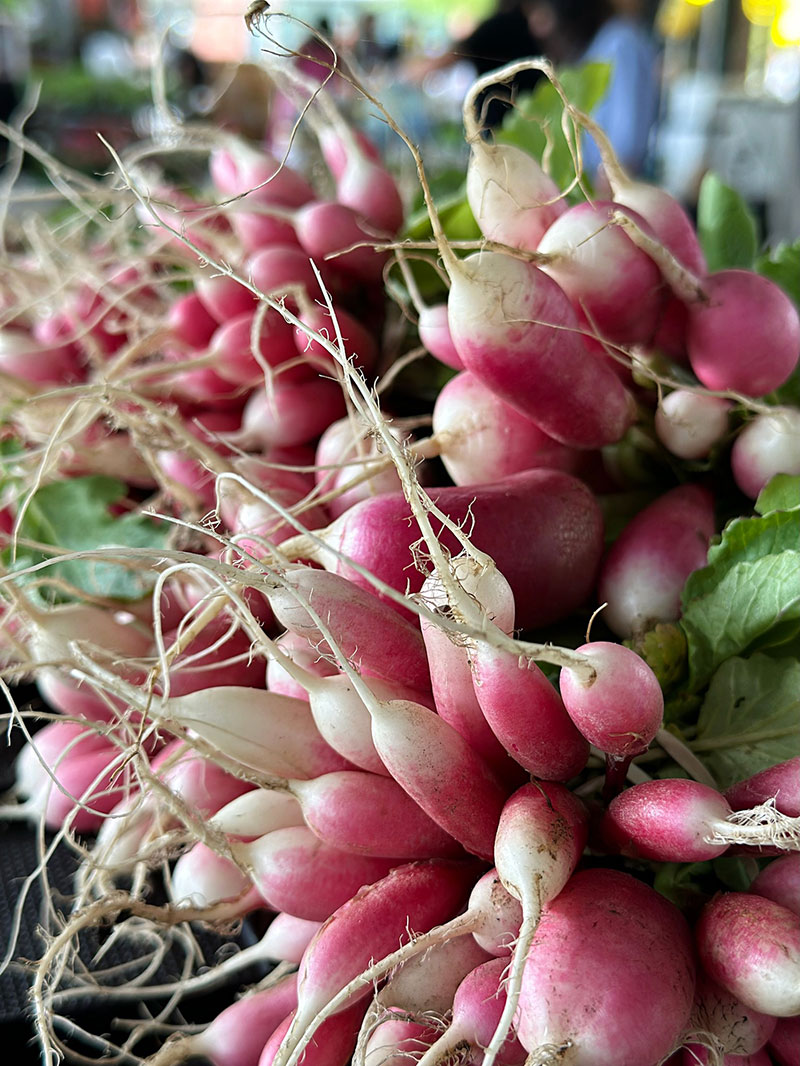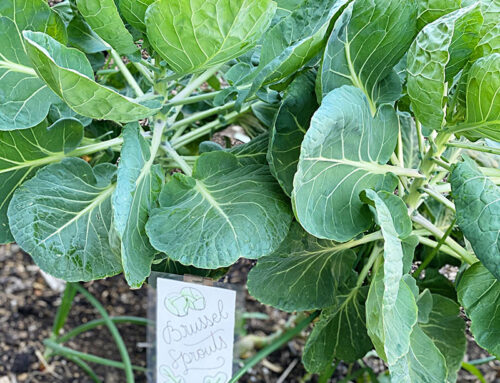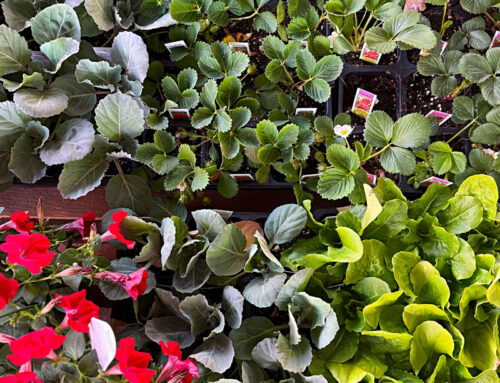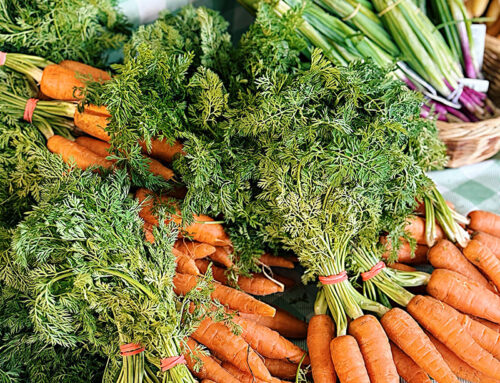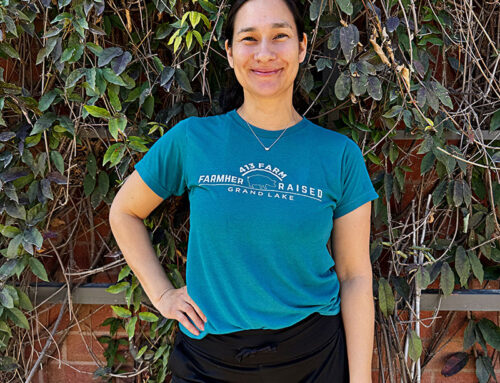Farmers consider spring a “transition season”, and in Texas that is an apt name! You can feel the momentum propelling us out of winter and straight into summer over the next few weeks. Farmers are diligently planting warm weather crops and harvesting cool weather crops as quickly as possible before the Texas sun sets up camp overhead. While tomatoes are budding, the broccoli is “bolting”. Gardeners and farmers alike are noticing drastic changes to their crops in the last few weeks. Those sleepy looking cabbages are probably stretching up to meet the sun, that’s a part of bolting!
The term “bolting” refers to the flowering of cool weather crops like those in the mustard family such as broccoli, cabbage, brussels sprouts, and cauliflowers. These cold-hardy plants are often short and stalky, until the warmer days signal the plant to produce bright yellow flowers that will both feed pollinators and produce seeds. If your cool weather plants have bolted, it’s usually time remove them from your garden beds and replant some sun-loving plants like peppers, tomatoes, cucumbers, squash, or eggplant. Try harvesting the leaves of your cool weather crops before giving them your chickens or composting them! The leaves of broccoli and brussels sprouts plants are very similar to collard greens and can be used interchangeably.
While it’s still going to being a few weeks before the warm weather crops are ready to harvest, you can still expect to see large harvests of cool weather root vegetables until the end of May. Carrots, turnips, radishes, and beets and are just starting to look their best as they’re getting larger in size. Farmers with large harvests of root vegetables will even been able to keep their crops fresh in root cellars so the harvest lasts longer! If you enjoy learning more about where your food comes from, be sure to check out the resources available right here at the Dallas Farmers Market! Victory Gardens is a great place to get started with growing your own produce, and shopping locally while helping you get to know the Texas growing seasons.
Click here for our Root Veggie Tip!



